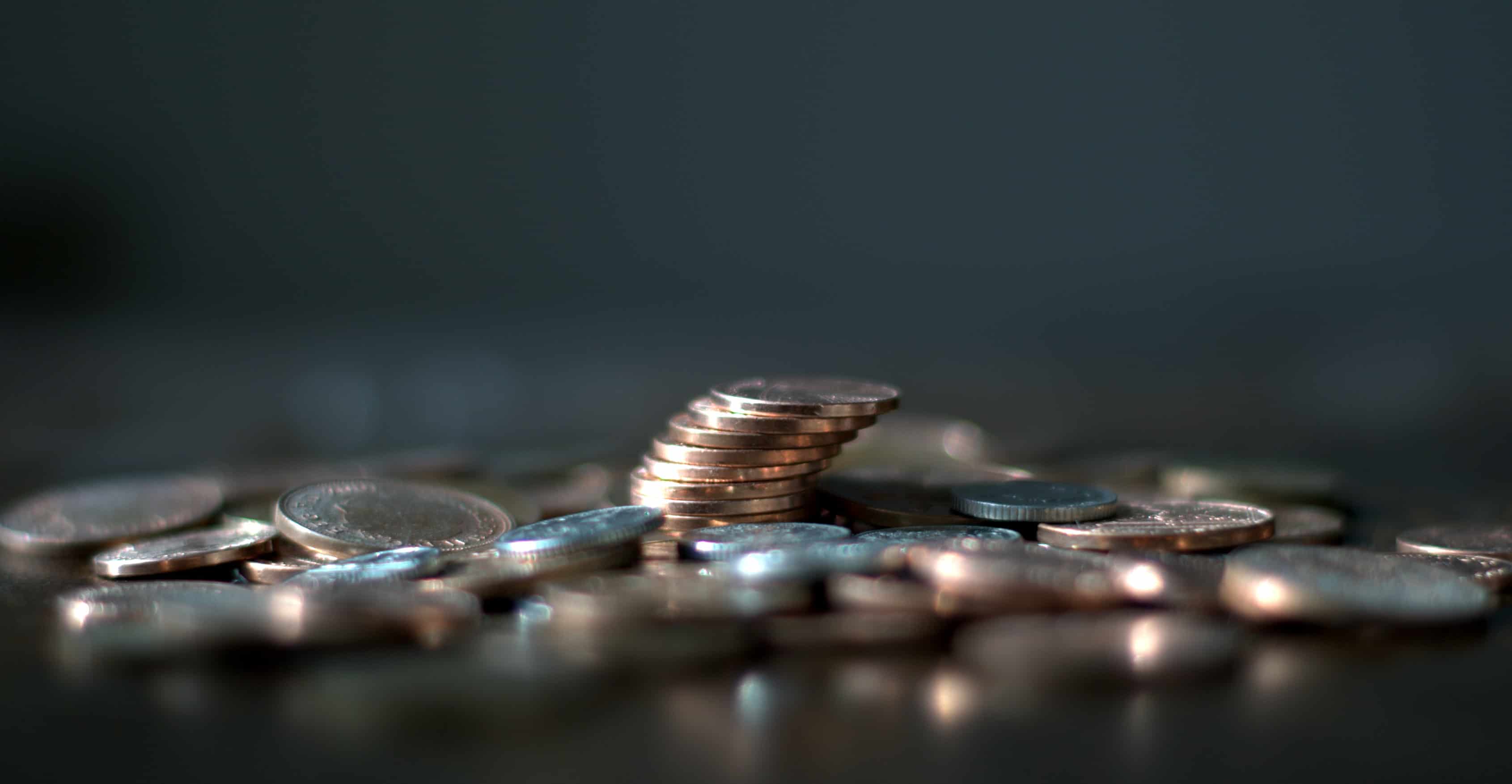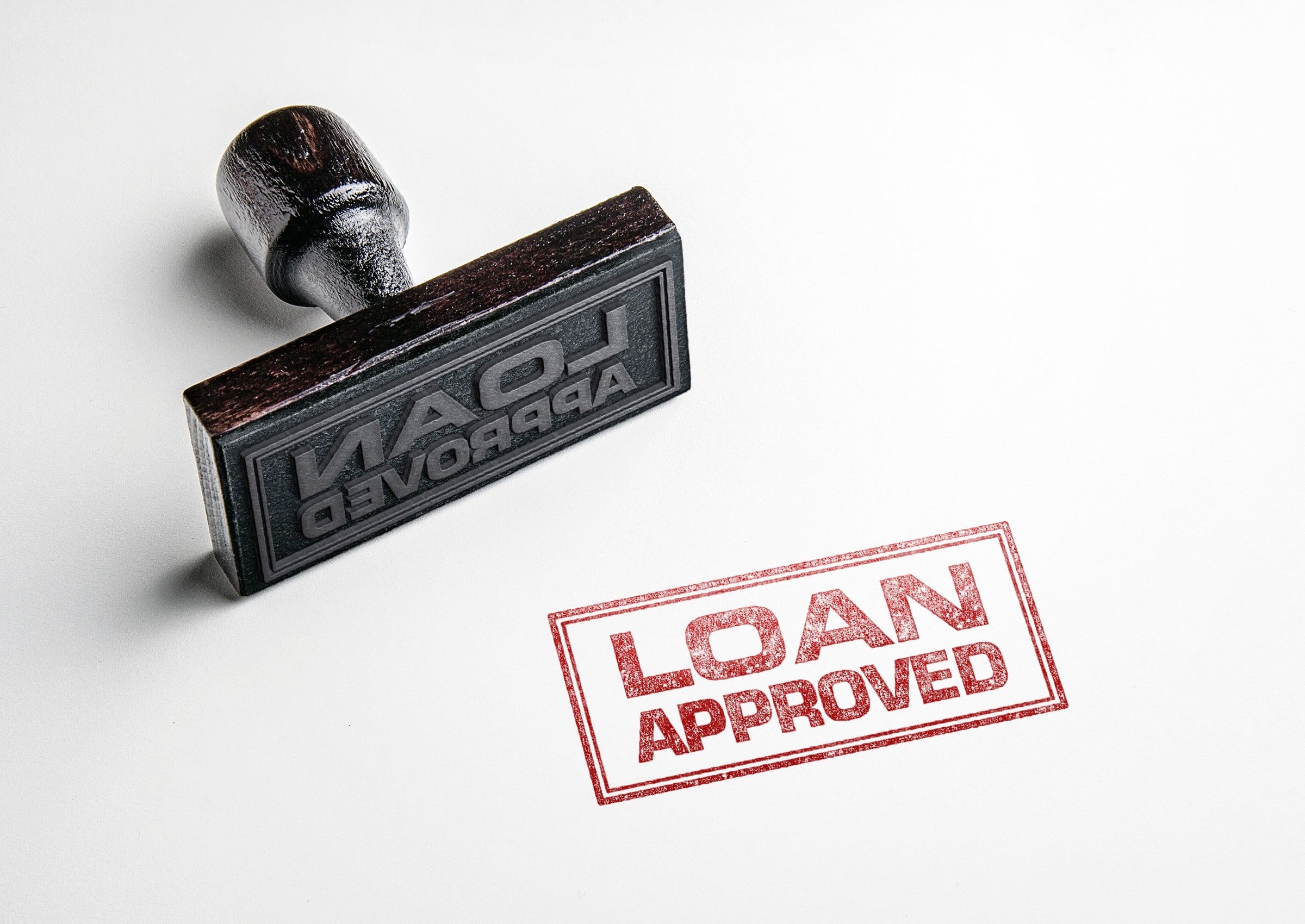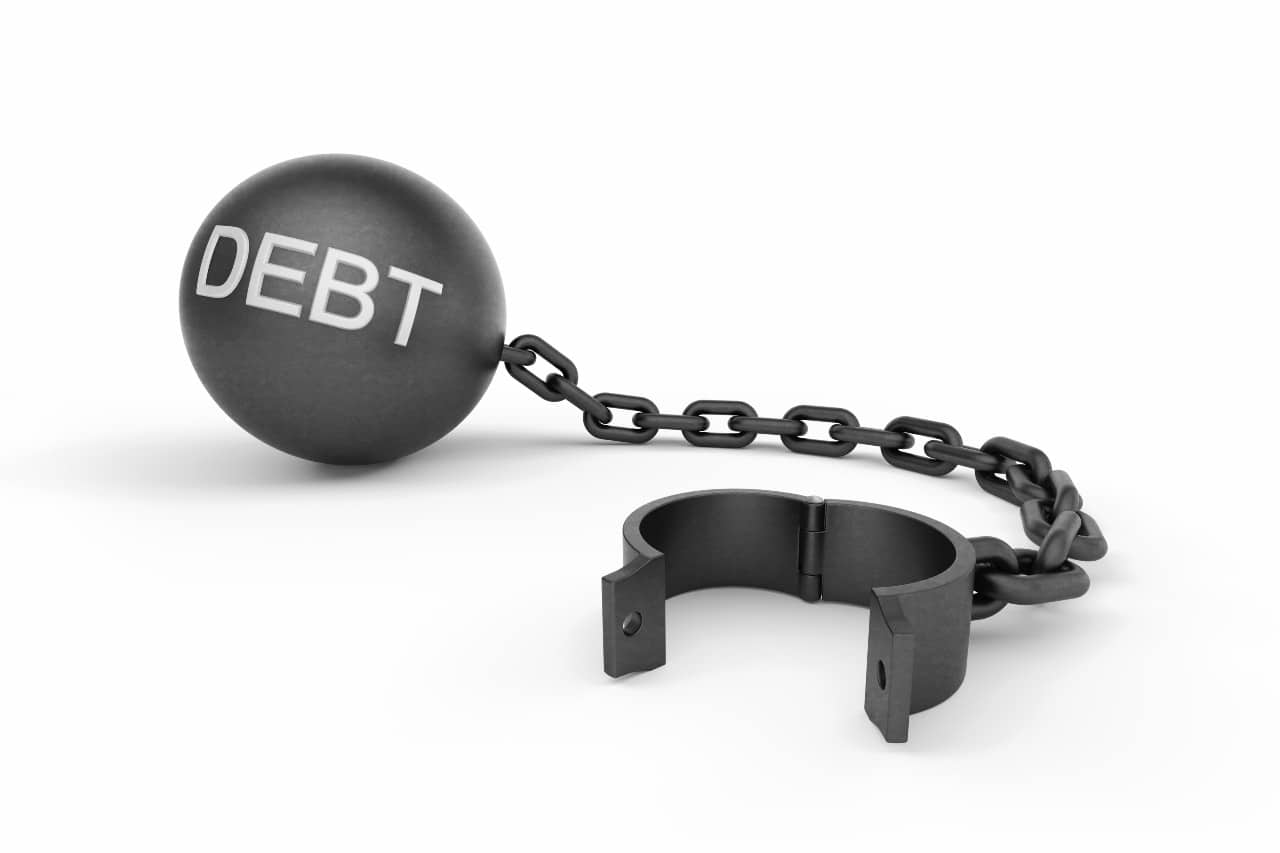Motivating yourself while you’re in debt is a huge challenge. Even after making huge gains, you’ll still see red on your balance statement for quite a while. Here are three ways to stay motivated while you get out of debt.
Know where you’re going and how to get there
Debt is often scary and overwhelming because it’s undefined. People say “I have debt” the same way others say “I have a disease”. It’s big and terrifying and you don’t really know what to do. Luckily debt is much easier to understand, and you can start by simply figuring out exactly what it is you owe.
Create a spreadsheet that looks something like this:
Debt Name |
Total Owed |
Interest Rate |
Monthly Payment |
Time to Pay Off (using min. payment) |
| Student Loan | ||||
| Credit Card | ||||
| Payday Loan |
Now that you know where you are you have to decide where to go. We’ve talked before about two strategies for paying off your debts: highest interest first vs. the snowball method. Decide which will work better for you and order your list accordingly.
Now the scary unknowable debt monster has become KNOWN. It has boundaries and an end.
Using your spreadsheet and, having decided on your priorities, all you need is to get started (and some money would help too!).
Set Meaningful Goals with Proportionate Rewards
Getting out of debt is all about momentum, so you want to start the ball rolling right away. Set some easy to hit goals that you’ll achieve in the next month or two. The key is to not set yourself up to fail, but rather to set yourself up to succeed.
Some examples of immediate short-term goals would be:
- Take $50 from my next paycheque and put it towards my #1 debt BEFORE I spend any other money
- Make $100 in extra money next week and put it all towards debt (overtime, sell something, etc.)
- Boost the $50 from your cheque to $75 and make your payment for the next 4 paycheques
- Pay off your lowest total debt (if using the snowball method) within 3 months
Again, don’t set yourself up to fail. Don’t plan to put $500 from your next cheque towards debt if you can’t afford groceries. You want to get excited that you’re making progress.
Now for the fun part – let’s talk about rewards. There’s a good chance that your debt-repayment journey will take a couple years. The more aggressive you are the faster it’ll be, but you also have to reward yourself to maintain motivation.
Your rewards should be proportionate to your accomplishments. Making your first payment could be rewarded by treating yourself to a fancy coffee or something similar.
Paying off your first small debt is a bigger achievement, so reward yourself proportionately.
Enjoy your reward – you earned it! Then set your sights on the next goal and tackle it.
Start with a pebble and build a mountain
One of the most frustrating things about being in debt is that no matter how much progress you make, you’re still below $0. You’re making money, being responsible, and it feels like you have nothing to show for it.
If you find yourself struggling with this, consider creating a separate account whose only purpose is to accumulate money.
Every month, put in a set amount. This can be $10, $25, $50 – whatever you can realistically afford.
Yes, it will take a bit longer to pay off your debts, but compare:
Scenario 1
Time to pay off debt: 24 months
Total savings: $0
Scenario 2
Time to pay off debt: $30 months
Total savings: $2,000
There’s no right answer, but for some, having that account is a huge psychological boost.
When you’re finally out of debt, that account will act as the perfect emergency fund. Imagine going from in debt with zero savings to debt-free with a fully funded emergency fund.
Last word on Motivation
Motivation is a very individual experience. You know what motivates you and what doesn’t. To succeed, it’s important to not force yourself into a system that doesn’t work for you. Rather, identify other ways you’ve succeeded and use the same structure for your debt.





